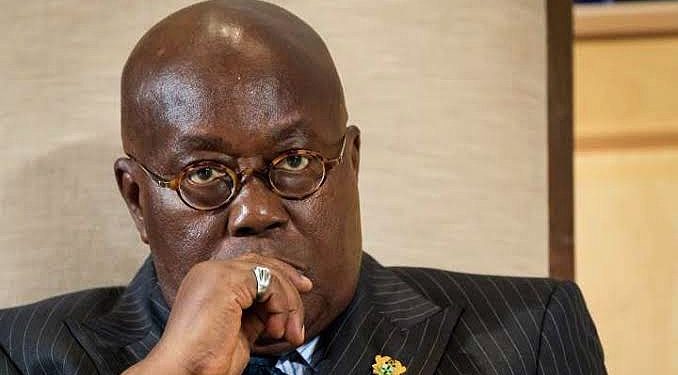By John Ikani
Ghana’s plan to restructure its domestic debt has hit a roadblock, as the government has been unable to fully implement the programme.
The restructuring which was proposed as a solution to the country’s economic struggles, followed Ghana’s partial success in securing a $3 billion rescue package from the International Monetary Fund (IMF).
However, despite initial praise for the plan, it has yet to come to fruition.
Finance Minister Ken Ofori-Atta announced that the nation’s debt exchange programme would be extended, pending further engagement with stakeholders.
A debt exchange programme is often used as a tool in the process of debt restructuring, which is the process of renegotiating the terms of a borrower’s debt with its creditors in order to improve the borrower’s financial situation.
The goal of debt restructuring is to make the borrower’s debt more sustainable by reducing its overall debt burden, extending the maturity dates of its loans, or lowering its interest payments.
Ghana’s delay in restructuring its debt has sparked concerns, as the IMF has made its loan approval contingent on a comprehensive debt restructuring programme from the West African nation.
Last week, the government attempted to kickstart the programme by offering holders of its 2023 bond a 2% cash fee in exchange for registering for the exchange.
However, the initiative was met with little interest.
Experts have raised concerns over Ghana’s ability to address its economic issues, with some suggesting that the government should be cautious in order not to repeat past mistakes.
The proposed IMF loan has also been met with public dissatisfaction and frustration among parliament members.
As Ghana continues to seek a solution to its economic struggles, all eyes will be on the government’s next steps as they work to build consensus and move forward with the debt exchange programme.




































